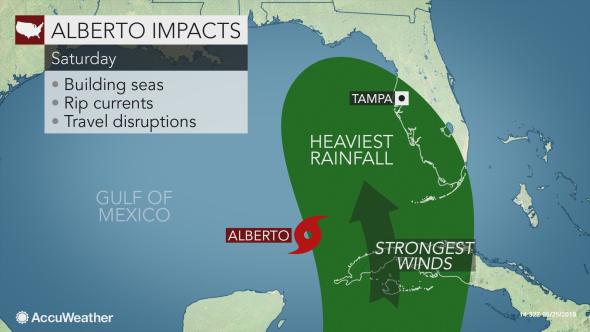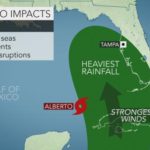
CHRISTIANSTED — Memorial Day weekend is a busy one at most home improvement stores as people have an extra day to work on home maintenance and improvement projects.
The Virgin Islands Territorial Emergency Management Agency (VITEMA) and the Federal Emergency Management Agency (FEMA) today urged property owners to take advantage of the long weekend to assure their property is prepared for hurricane season.
“What you do now to harden your home, prepare your exterior property and improve your insurance coverage can make your family safer this year and for years to come,” said FEMA Federal Coordinating Officer William Vogel.
Here are some things to consider before the rain pours and the wind starts howling, according to FEMA.
Plan what to do with outdoor furnishings. Have a plan for storing any outdoor furniture and other things from the yard. Hurricane winds pick up those items and turn them into dangerous missiles.
Trim trees and shrubs. This helps them resist wind and reduces the risk of damage from falling or windblown limbs. If you tie down small trees and shrubs the wind is less likely to uproot them.
Maintain gutters. Secure loose rain gutters and downspouts that wind could easily blow away and clear any clogged areas or debris to prevent water damage to your property.
Entry points like doors and windows are often the weakest and most vulnerable parts of your home during a major storm. The more you do to keep wind from getting into the house through doors or windows the safer you will be. Here are some tips to keep wind from penetrating doors or windows:
- Put head and foot bolts on entry doors. Give doors extra protection against the wind by installing strong bolts at the top and bottom.
- Buy or make window covers or storm shutters. Purchase commercially made storm shutters, or cut window covers to fit each individual window; the covers should be made from exterior grade or marine plywood that’s at least five-eighths of an inch thick. Use heavier, reinforced plywood to cover big pieces of glass, such as sliding doors.
- Caulk around doors and windows. Wind-driven rain can cause moisture damage in your home, even when the structure remains intact.
Other steps to harden your home include:
- Strap down the roof. Use hurricane straps or clips to fasten your home’s roof to the frame of the house, reducing the risk of roof damage.
- Protect attached structures. Make sure carports, porches and decks, entry canopies, and sheds are sound and firmly attached.
The best protection against the risk of property damage from a hurricane is insurance.
If flooding is a risk, move your vehicle to higher ground. Ensuring that both your home and vehicle are insured against flood damage will help ease the financial stress of disaster recovery should flooding occur. The average flood insurance claims payment in the Virgin Islands for flooding damage from Maria was more than $105,000. Remember that a property insurance policy doesn’t cover flooding. For more information visit floodsmart.gov
Again many people neglect to keep the value of their property insurance up to the cost of rebuilding. The value may have covered rebuilding when the policy was written but will not cover today’s higher construction costs. A number of Virgin Islands residents found themselves as policyholders being under insured when Irma and Maria hit. Be sure to review your policy and keep the value up to date.




